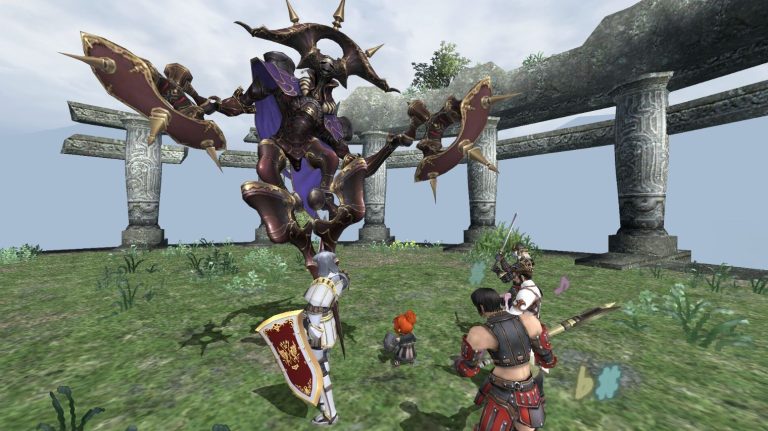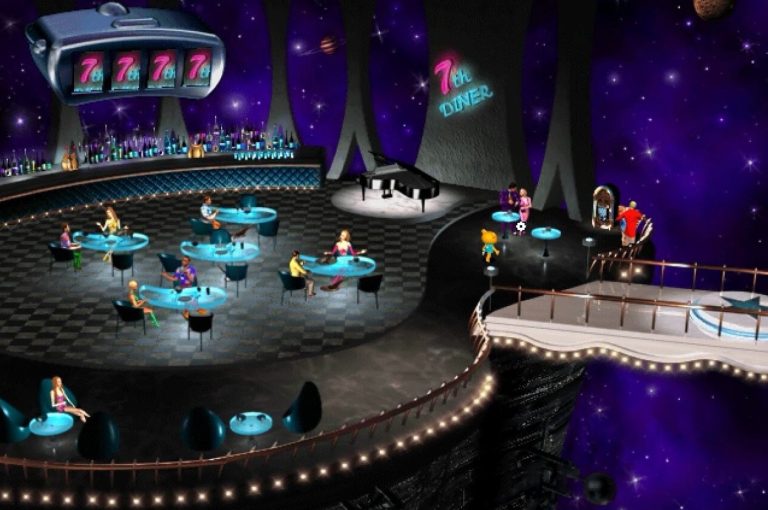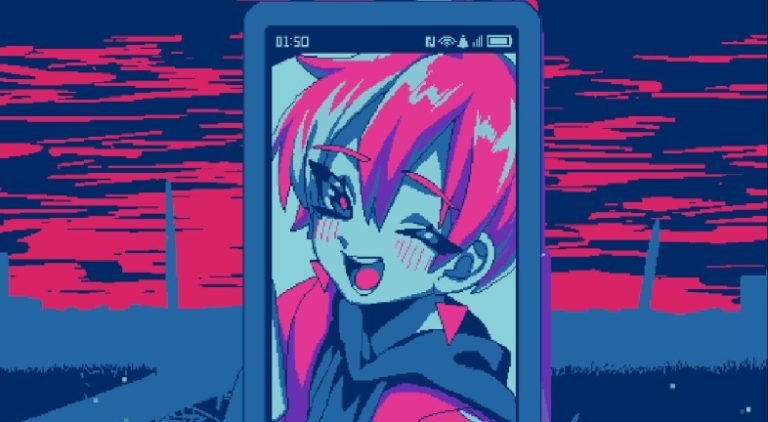Wind Breaker, a South Korean webcomic published by Naver Webtoon and Line Webtoon for the Korean and English-speaking audiences respectively, faced termination after the author admitted to plagiarizing panels from various popular Japanese manga. As reported by Chuo Nippo, on July 14, Naver Webtoon started issuing refunds for all paid subscribers of the said webcomic following its termination announcement. At the time of its cancellation, Wind Breaker had over 500 chapters and had been running for 12 years.
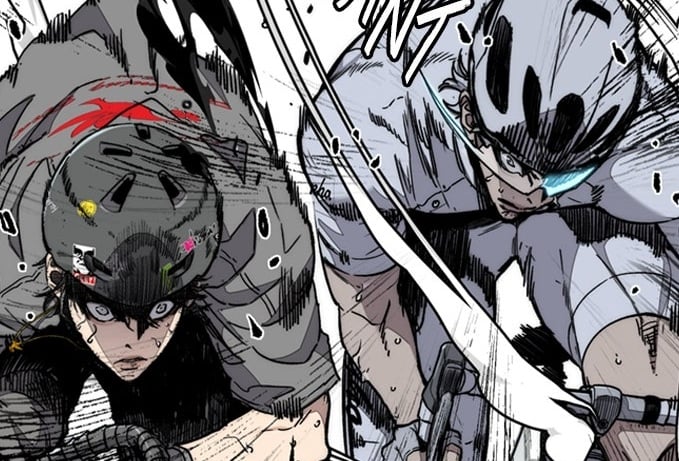
Not to be confused with the Japanese manga series of the same name, the Korean webtoon Wind Breaker was met with allegations that some of the scenes in recent chapters were traced from popular Japanese manga such as Sui Ishida’s Tokyo Ghoul. The webcomic had been facing backlash since late June, and on July 11, author Yongseok Jo took responsibility for the controversy and announced that the comic’s serialization would be halted. In an official statement, Jo admits that there were some scenes in Wind Breaker that were similar or nearly identical to other works that they claim to have used as reference material. “I’ve been chased by weekly deadlines for quite some time, and in the process, [I] became hasty and did not uphold the standards that I should have had as a creator,” they apologized to readers for the negligence.
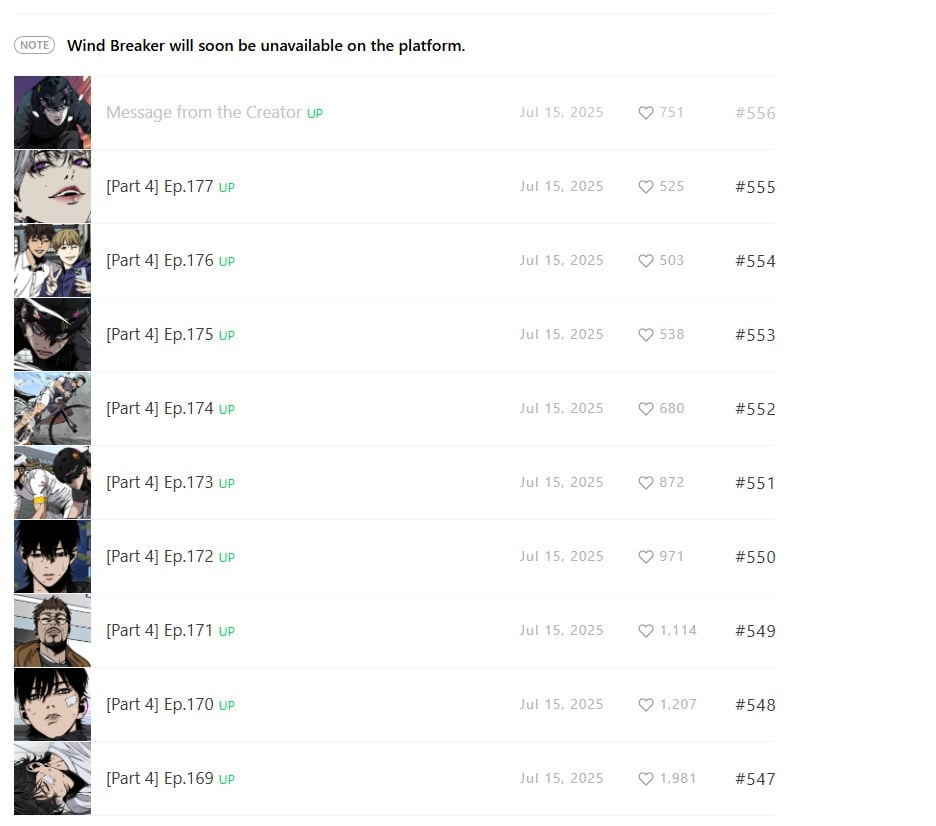
Naver Webtoon also came out with their own statement, confirming that Wind Breaker was found to share similarities in layout and composition with other works. Moreover, they state that the termination of the webcomic’s serialization was decided in discussion with the author and the editorial team. Following the termination of the webcomic, Naver announced that it plans to proceed with issuing refunds at the request of customers.
According to Chuo Nippo, an industry official stated that that trying to devise a procedure to regulate these kinds of “plagiarized works” could also potentially be viewed as censorship, which is why it’s still difficult to put it into practice. They also emphasized the importance of raising consciousness about plagiarism, tracing and ethics among webcomic creators.
Related articles: Japanese webcomic artist sues their publisher for the equivalent of less than a penny



